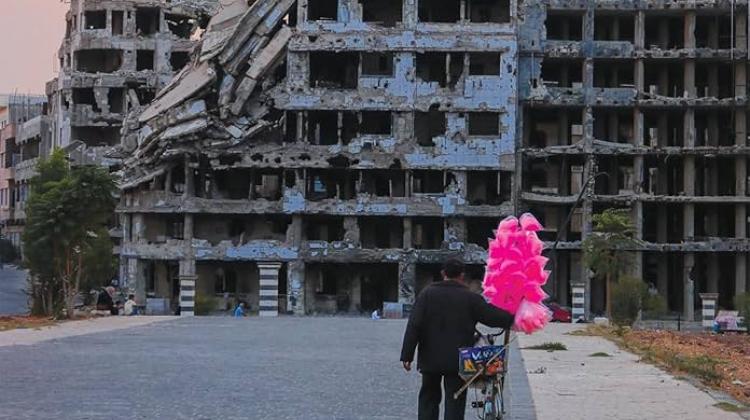Nasser Rabbat
Nasser Rabbat is the Aga Khan Professor and Director of the Aga Khan Program for Islamic Architecture at MIT. His interests include Islamic art and architecture, urban history, heritage studies, Arab history, contemporary Islamic art, and post-colonial criticism. He teaches lecture courses on various aspects of Islamic architecture and seminars on Orientalism and colonialism; Issues in Islamic Urbanism; Colonial Cities; Historiography of Islamic Architecture; Late Antiquity and the foundation of Islamic architecture; Reading Ibn Khaldun; (Re)constructing Memory; Urbicide; and Balancing Globalism and Regionalism in the Arabian Gulf.
Professor Rabbat has published numerous articles and several books on topics ranging from Mamluk architecture to Antique Syria, 19th century Cairo, Orientalism, and urbicide. His most recent books are Reconstruction as Violence in Assad's Syria, co-edited with Deen Sharp (2025); Turathuna: Nazarat wa-Araa’ fi al-‘Imara wal-Tarikh (Our Heritage: Viewpoints on Architecture and History) (2025); Taqiy al-Din al-Maqrizi: Wijdan al-Tarikh al-Masri (Taqiy al-Din al-Maqrizi: The Soul of Egyptian History) (2024); Nasser Rabbat: Critical Encounters (2023); Writing Egypt: Al-Maqrizi and His Historical Project (2023), which won the 2024 British-Kuwaiti Friendship Society Prize in Middle Eastern Studies; and ‘Imarat al-Mudun al-Mayyita (The Architecture of the Dead Cities) (2018). He is currently writing a history of Mamluk Cairo, a historical novel situated in 13th-century Damascus, and editing a book on the cultural history of Syria, tentatively entitled, Syria: The Land Where Cultures Met.
He has previously published: an online book co-edited with Pamela Karimi, The Destruction of Cultural Heritage: From Napoléon to ISIS, (2016); al-Naqd Iltizaman (Criticism as Commitment) (2015); Mamluk History Through Architecture: Building, Culture, and Politics in Mamluk Egypt and Syria (2010), which won the British-Kuwait Friendship Society Prize in Middle Eastern Studies, 2011, Thaqafat al Bina’ wa Bina’ al-Thaqafa (The Culture of Building and Building Culture) (2002), and The Citadel of Cairo: A New Interpretation of Royal Mamluk Architecture. He edited The Courtyard House between Cultural Reference and Universal Relevance (2011), co-edited Making Cairo Medieval (2005), and co-authored Interpreting the Self: Autobiography in the Arabic Literary Tradition (2001).
Prof. Rabbat was elected to the American Academy of Arts and Sciences in 2025 and has received various recognitions the International Centre for the Study of the Preservation and Restoration of Cultural Property-Sharjah (ICCROM), UAE; the British-Kuwaiti Friendship Society, London; the J. Paul Getty Center, Los Angeles; the Villa I Tatti, Florence; the American Academy in Rome; the Institut d’études avancées, Paris; the Annemarie Schimmel Kolleg, University of Bonn; the Radcliffe Institute for Advanced Study, Cambridge, MA; the American Research Center in Egypt (ARCE); the Institut Français d’Archéologie Orientale (IFAO), Cairo; and l’Institut du Monde Arabe (IMA), Paris. Professor Rabbat served as a member of the 2019 and the 2022 Aga Khan Award for Architecture Steering Committees.
He worked as an architect in Los Angeles and Damascus and held several academic appointments at the Ludwig-Maximilians-Universität, Munich; École des hautes études en sciences sociales (EHESS), Paris; New York University in Abu Dhabi, UAE; and the Academy of the Kingdom of Morocco, Rabat. He contributes to several Arabic newspapers, serves on the boards of various cultural and educational organizations, and consults with international design firms on projects in the Islamic World.
1991 Doctoral Dissertation: The Citadel of Cairo, 1176-1341: Reconstructing Architecture from Texts, revised and published as The Citadel of Cairo: A New Interpretation of Royal Mamluk Architecture.




